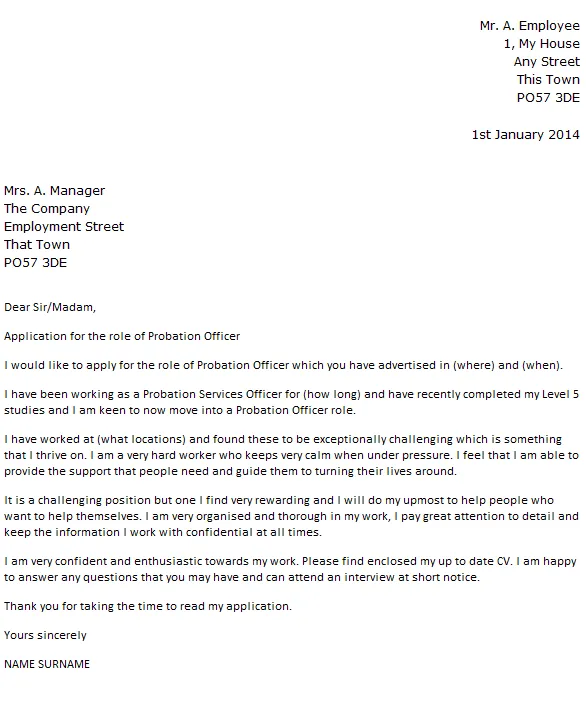Crafting Your Probation Officer Cover Letter
Landing a probation officer position without prior experience requires a strategic approach to your cover letter. It’s your first impression and a crucial opportunity to showcase why you’re the right fit, even if you lack direct experience. This guide will provide you with the essential steps to craft a compelling cover letter that highlights your skills, demonstrates your passion, and increases your chances of getting hired. Remember, the goal is to convince the hiring manager that your transferable skills and enthusiasm make you a valuable candidate.
Understanding the Role of a Probation Officer
Before writing your cover letter, research what a probation officer does. They supervise individuals on probation, ensuring they adhere to court-ordered conditions. This involves regular meetings, home visits, and collaboration with law enforcement, social services, and the court system. Probation officers also assess risks, create rehabilitation plans, and help probationers reintegrate into society. Understanding the scope of this role is important to tailor your cover letter appropriately.
Key Skills to Highlight
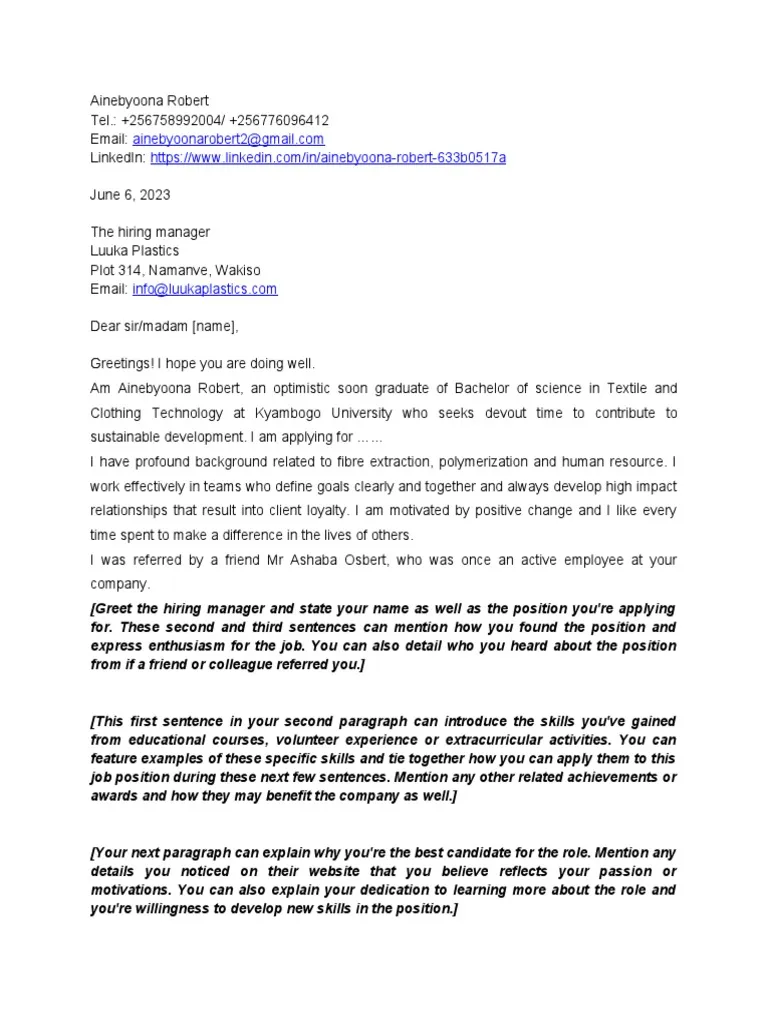
Even without direct experience, you likely possess skills relevant to the role. Your cover letter should emphasize these. Focus on the skills most important for a probation officer’s tasks. Highlight these core competencies to demonstrate how you would perform in the role. Some of these essential skills are discussed further down.
Communication Skills
Excellent communication skills are crucial. Probation officers must communicate effectively with probationers, court officials, and other professionals. This includes active listening, clear verbal and written communication, and the ability to explain complex information simply. Use examples from your experiences where you’ve successfully communicated with different audiences, resolving conflict, and conveying important information.
Interpersonal Abilities
Probation officers interact with diverse individuals, including those with difficult backgrounds. Demonstrate your interpersonal skills by highlighting your empathy, ability to build rapport, and conflict-resolution skills. Focus on instances where you’ve had to build relationships, mediate disagreements, or support others. Even experiences outside of the workplace, like volunteer work, can showcase these abilities.
Problem-Solving and Critical Thinking
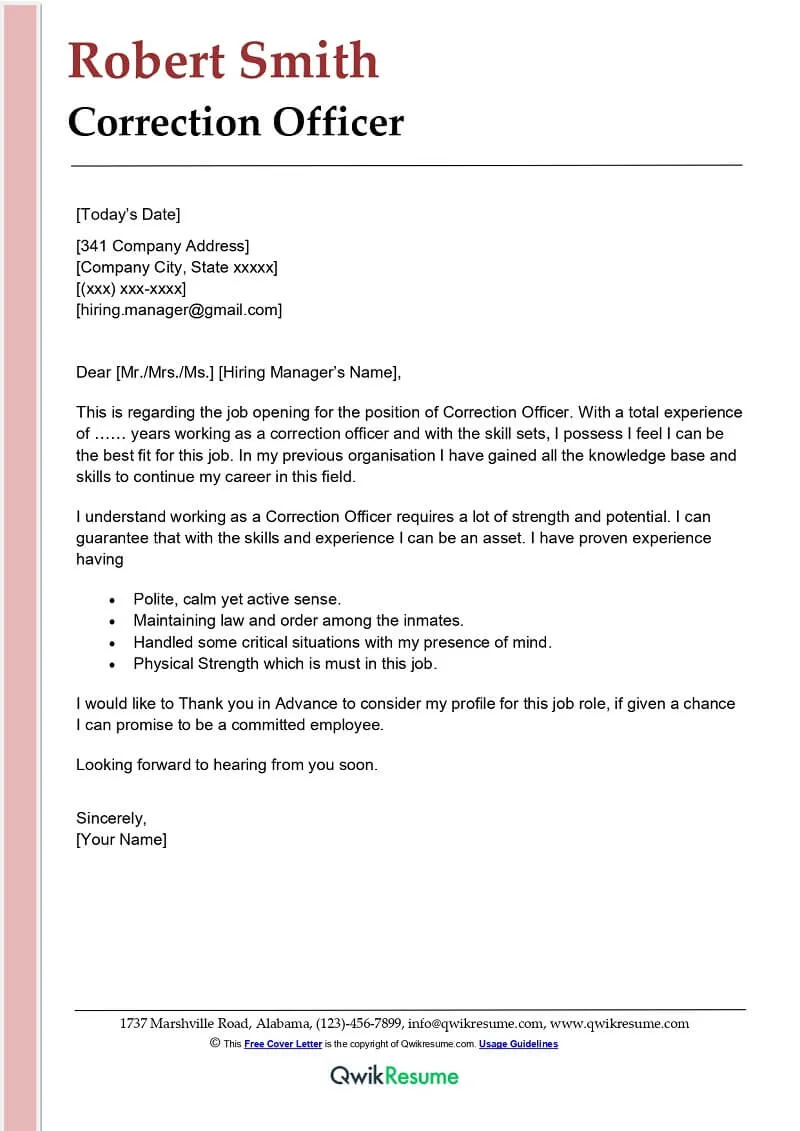
Probation officers constantly assess situations, make decisions, and solve problems. Highlight your analytical and critical-thinking skills by providing examples of your decision-making process. Show how you assess information, identify issues, and formulate solutions. Experiences in academic projects, volunteer roles, or previous jobs can demonstrate these competencies. Emphasize your capacity to analyze data, evaluate risks, and make sound judgments.
Demonstrating Your Passion and Commitment
Show genuine interest in becoming a probation officer. Explain why you’re drawn to the field and how your values align with the job. Include any volunteer work or personal experiences that relate to your passion for helping people or interest in justice. Express your commitment to helping people, ensuring community safety, and the rehabilitation process. Demonstrate your understanding of the challenges and rewards of the job.
Researching the Probation Department
Before writing, research the specific probation department you’re applying to. Understand their mission, values, and recent initiatives. Referencing this information in your cover letter shows that you’re serious about the position and have taken the time to understand the organization. Tailor your letter to align your skills and experience with the department’s specific needs. Show how you can contribute to their goals.
Tailoring Your Cover Letter
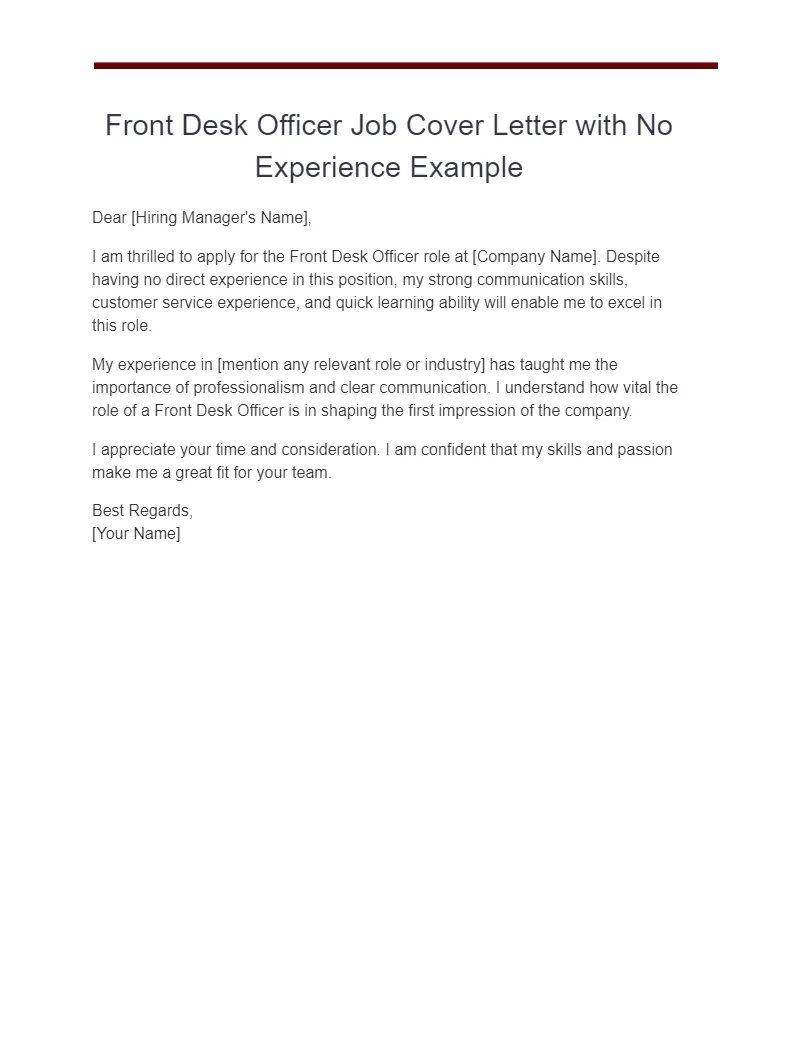
A generic cover letter won’t impress anyone. Customize your letter for each job application. Use the job description to identify the key skills and qualifications the employer seeks. Adjust your examples and language to match those requirements. This demonstrates that you understand the position and have the skills necessary to excel. Tailoring shows that you’ve put in the effort and are genuinely interested.
Highlighting Transferable Skills
Transferable skills are those you’ve gained in previous experiences, even if they are not directly related to probation work. Think about skills like communication, empathy, problem-solving, and organization. Give concrete examples of how you’ve used these skills. For instance, if you have a customer service background, emphasize your ability to resolve conflicts and manage difficult situations. If you’ve volunteered with a community organization, highlight your commitment to helping others.
Showcasing Relevant Experiences
Describe experiences where you’ve demonstrated skills relevant to a probation officer. This can include volunteer work, internships, or part-time jobs. Even non-traditional experiences can be valuable. Focus on the skills and responsibilities you held and how they are relevant. For example, if you’ve led a team, highlight your leadership and conflict-resolution abilities. Make sure that all experiences shown are relevant.
Education and Certifications
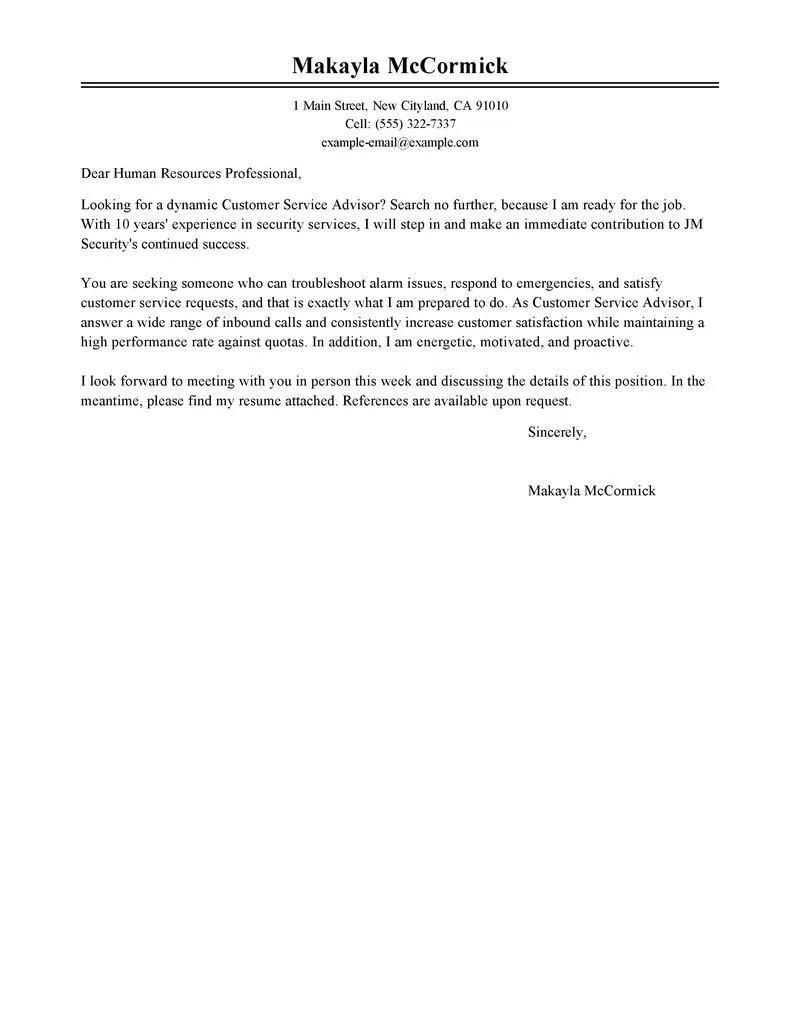
Mention your education and any relevant certifications. Highlight any degrees, certifications, or coursework that supports your application. Even if your degree is in a different field, explain how it has prepared you for the role. If you’ve completed any training related to criminal justice, social work, or psychology, be sure to mention it. This demonstrates your commitment to the field and your knowledge.
Formatting Your Cover Letter
Use a clear, professional format. Choose a standard font like Arial or Times New Roman, and keep your letter to one page. Use headings, bullet points, and short paragraphs to make your letter easy to read. Make sure your formatting is consistent throughout the document. Keep the layout organized. A well-formatted letter shows that you pay attention to detail and are organized.
Essential Sections of Your Cover Letter
Your cover letter should include the following sections to be successful. Each section plays a crucial role in conveying your qualifications and enthusiasm.
Header and Contact Information
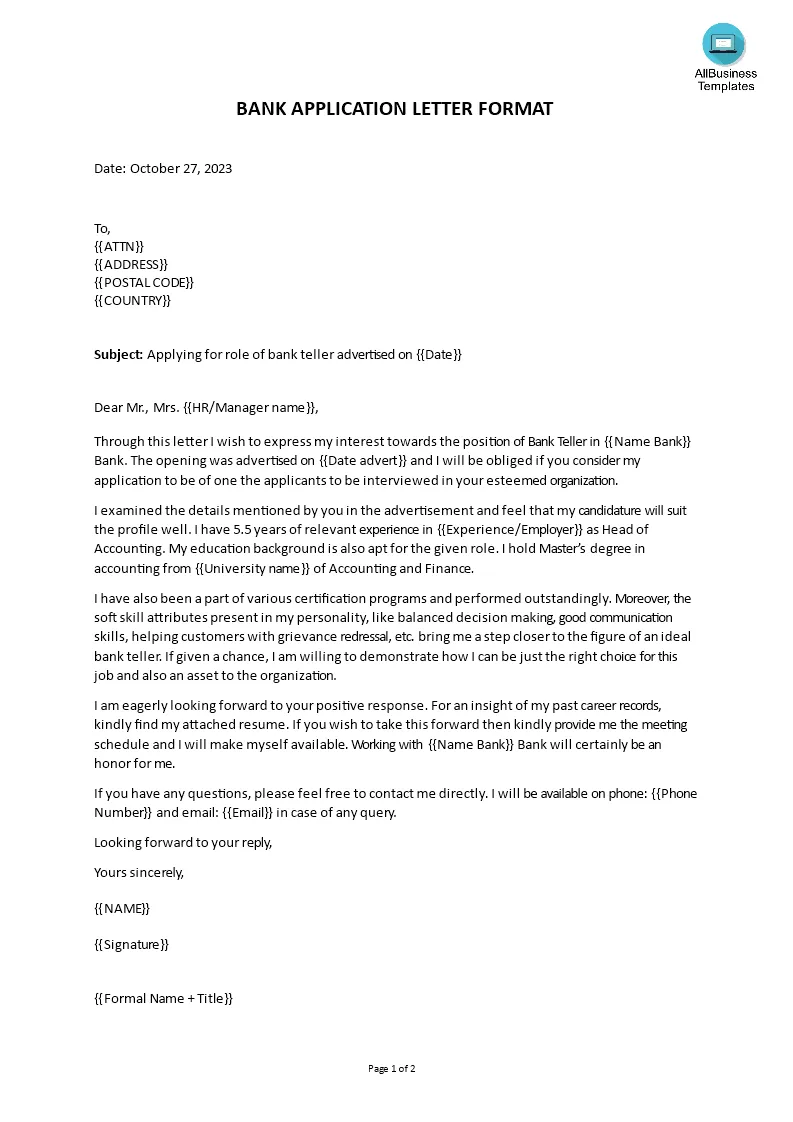
Include your name, address, phone number, and email address. Also include the date and the hiring manager’s name and address. Make sure all your contact information is accurate and up-to-date. Include the date and the hiring manager’s name and address. Using a professional format for your header shows attention to detail.
Opening Statement
Your opening statement should immediately grab the reader’s attention. State the position you’re applying for and where you saw the job posting. Briefly explain why you’re interested in the role and why you believe you’re a good fit. Make your opening statement clear and compelling. Indicate your enthusiasm for the role right away.
Body Paragraphs
The body paragraphs should highlight your skills, experiences, and accomplishments. Use specific examples to demonstrate how you meet the job requirements. Reference your research on the probation department and tailor the content to their needs. Show that you have understood the responsibilities. Your body paragraphs are the main part of your cover letter; you should make sure they stand out.
Closing the Cover Letter
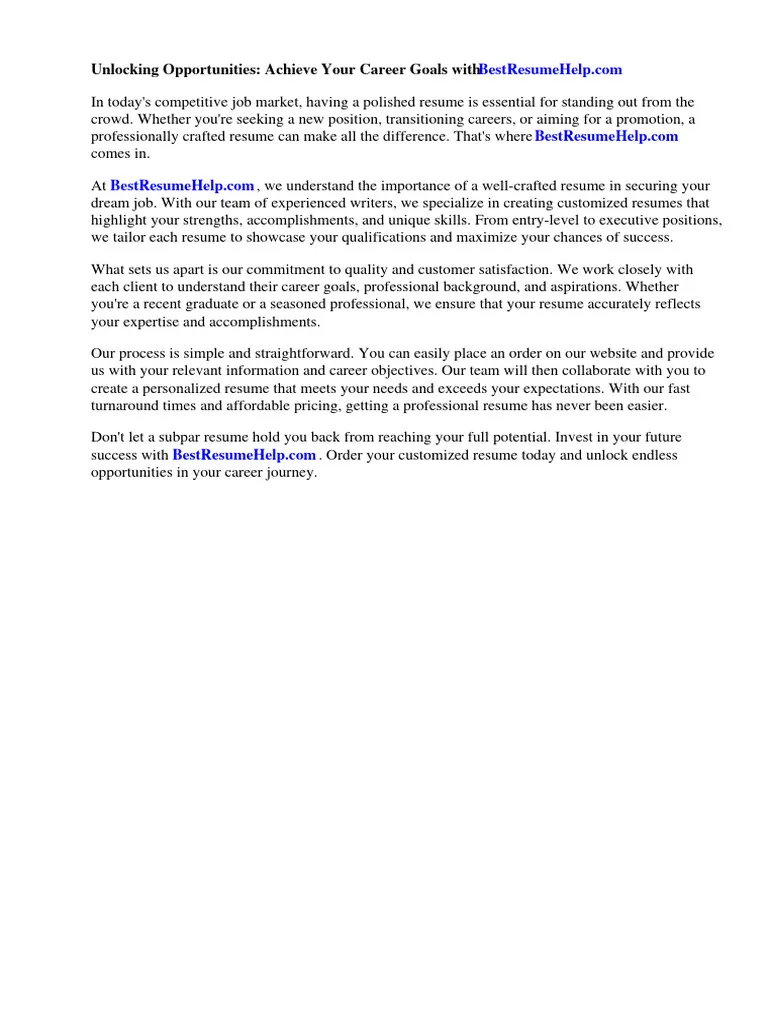
Summarize your qualifications and reiterate your interest in the position. Thank the hiring manager for their time and consideration. Include a call to action, such as requesting an interview. Make sure that your closing statement is professional and polite. Ensure your letter ends with a positive and encouraging tone.
Proofreading and Editing
Proofread your cover letter multiple times. Check for grammar, spelling, and punctuation errors. Ask a friend or career counselor to review your letter for feedback. A well-written and error-free cover letter demonstrates professionalism. The best way to eliminate errors is by reviewing your cover letter multiple times.
Common Mistakes to Avoid
Avoid these common mistakes to increase your chances of success. Remember to avoid generic language, lack of personalization, and failure to tailor your letter. Do not include negative comments about previous employers. Avoid spelling and grammatical errors at all costs. Lastly, provide relevant details and use active language.
